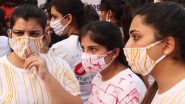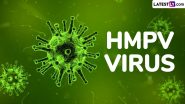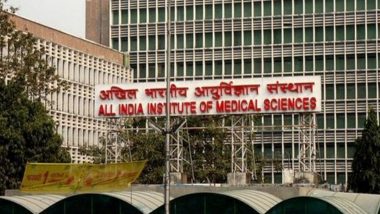New Delhi, Nov 8 (PTI) Allergy and respiratory complications were reported to Delhi hospitals on Thursday, but doctors said there was no marked rise in the number of such patients a day after Diwali even though air pollution rose to hazardous levels due to bursting of firecrackers.
People suffering from bronchial asthma, allergic rhinitis and other such ailments are more likely to develop respiratory complications during Diwali due to fumes and smoke.
"Patients having complaints of breathing problems and heart issues visited the facility even on Thursday," said a senior doctor at Safdarjung hospital.
"Patients with respiration-related complications and allergy have been visiting AIIMS on other days too. There has been no marked rise in those as such," said a senior doctor at the hospital said.
Delhi hospitals have witnessed a rise in cases of respiratory and breathing complications due to pollution over the past a few weeks, with doctors advising them, especially children and the elderly, to stay indoors as much as possible.
"I am in fact writing it on prescriptions now, 'please don't move outdoor', and I feel bad, as children need to go out and play, but the air isn't just good for them," Anil Sachdeva, a pulmonologist and pediatrician at Sir Ganga Ram Hospital, said.
Sandeep Nayar, senior consultant & HOD, Respiratory Medicine, Allergy and Sleep Disorder at BLK Super Speciality Hospital said the number of patients with respisratory complications have shot up and the severity of the disease too has increased.
"We have a spurt of almost 20 to 30 per cent patients in our OPD. One must try to cover themselves especially the face in order to avoid inhaling harmful particles. All vulnerable patients must vaccinate against flu and pneumonia to lessen the chances of getting infection.
"One should avoid early morning exercise/walk in smog as during exercise we tend to inhale more amount of air which is polluted and harmful at present. Patients suffering from respiratory disease must take their medication (inhalers etc regularly even if they don't have symptoms and should not stop medicine without consulting their physician. While going outside, one should wear a mask," he said.
(This is an unedited and auto-generated story from Syndicated News feed, LatestLY Staff may not have modified or edited the content body)













 Quickly
Quickly




















